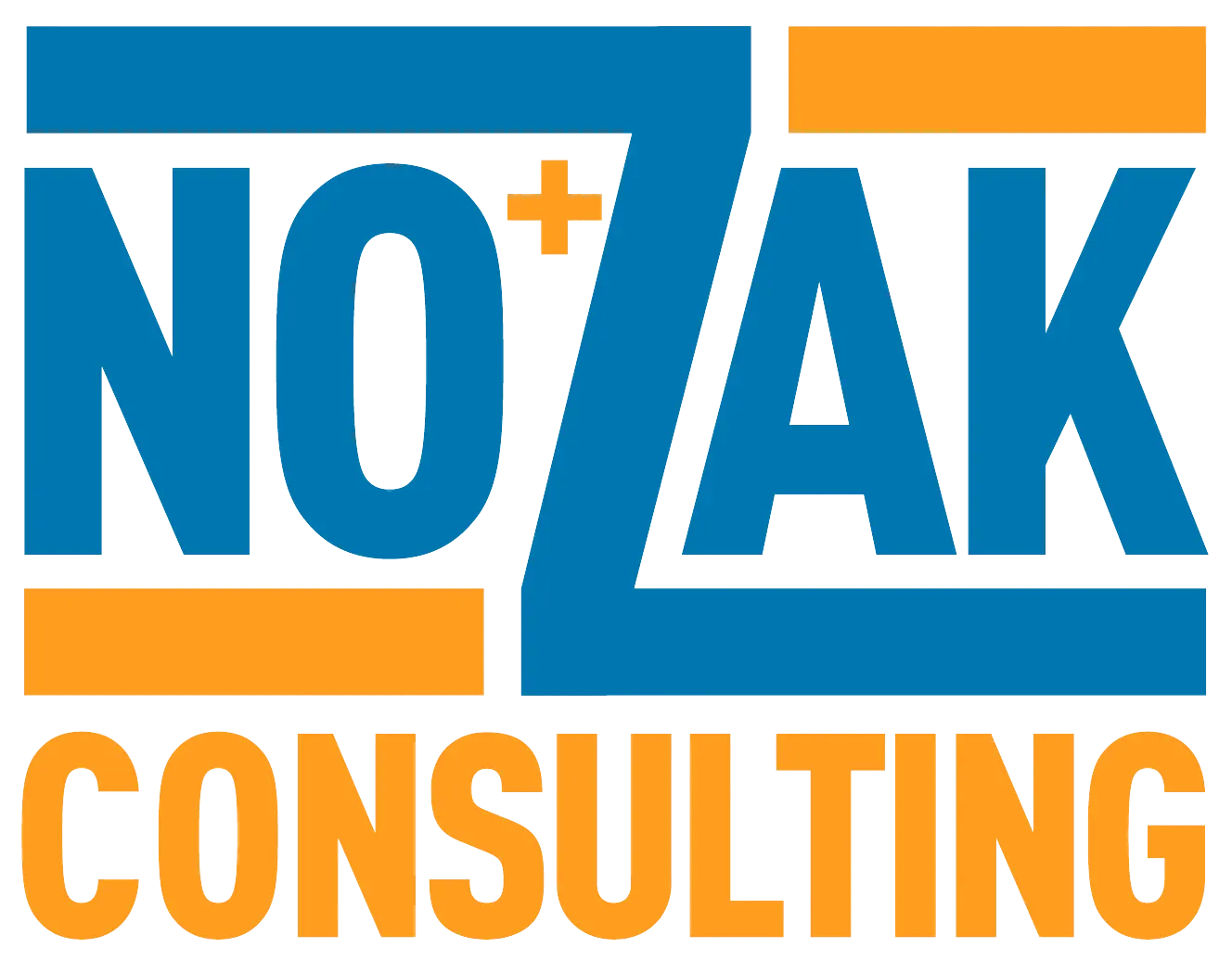If you want a website to rank well on the search engines, then you’ve probably already invested many hours, possibly days, into trying to find out which SEO tactics build authority. In this post, we reveal exactly how you can improve on and build your online authority using SEO tactics.

Strategy, Strategy, Strategy.
If you want to boost your online presence using SEO tactics, then you need a solid SEO strategy. Regardless of the tactics, you choose to build authority online; creating a plan and making sure you have access to the appropriate tools to measure your success are both essential.
Even before the internet existed, authority ruled our decisions, so it makes absolute sense that it takes its rightful place as one of the core pillars of SEO. But what does ‘Authority’ in SEO actually mean?
What is authority in SEO?
Authority in SEO is a qualitative measure that can increase both the ranking score and the overall visibility of a website. Increasing a website’s authority is a tactic that many SEO experts use for this very purpose. It is primarily focused on two core elements; namely, Domain Authority and Page Authority. You might even say there is a third layer “topical authority”.
Here are a number of SEO tactics you can use to help build authority online.
Build Links and Build authority
Earning links from authoritative websites can increase the trustworthiness of your website.
Also known as external links and backlinks, inbound links are simply HTML links that lead from one site to another. Links essentially act like popularity votes online, and they confirm a website’s reputation.
Your website has a link graph
A link profile is essentially a complete assessment of all the links your site has at any given point in time.
It looks at the quality of the links, the number of links, and more. There are multiple SEO tools for links that allow you to review your link profile and better understand its worthiness.
In the past, people used a number of tactics to simply build up the number of links that pointed to their website. This goes explicitly against Google’s terms of service and can result in hefty penalties for any website that tries to use these tricks to exaggerate their stats. Having a healthy link profile can usually only be achieved by earning links or by getting them editorially placed.
Content must be indexable
Creating content that people search for is key to your website’s authority, and it is a common tactic used to improve your rankings and your visibility. If your content is not adequately optimized for the search engines, then people won’t be able to find it, or your website.
Tips for creating searchable content
- Use properly researched keywords
- Link internally to other areas of your site as well as externally to other trusted websites
- Make sure your content is relevant
- Ensure the amount of content is comprehensive
- Use headlines and meta descriptions
Guest blogging can generate links
Guest blogging is a great tactic to showcase the authority of your team and your business.
Blogging can help you earn quality links for your site, as mentioned in our first point; and it can give you exposure to a completely new set of eyes and expand your reach to new audiences.
For all of these reasons, it is a quality tactic to use in order to build your authority.

Mobile friendly UI’s builds a different type of authority with the BOTs
It goes without saying the experience a user has on your site is imperative in the eyes of the search engines.
If you have not optimized your website with a mobile-first or fully responsive user interface, then this could be seriously harming your online authority and your site’s reputation.
A good mobile-friendly site should include some, if not all, of these features.
- Easy Navigation
- Color Palettes – Less is more where color schemes are concerned
- Simple background and/or a diffused background
- Intuitive Interface
- Front and center Call to Actions
- Avoid Interstitials
- Site Search Feature
Low Bounce Rates
Having a low bounce rate is a positive indication that your site is working well and that your visitors are getting the information they need, and the content that is being served satisfies their needs. It indicates to the search engines that there is high-quality content present.
High bounce rates can result from poor website design, improper links, the wrong keyword selection, and poorly written content.
If you have high bounce rates on a website, there are a couple of practical steps you can take to reduce them.
- Ensure your pages load quickly
- Avoid ads and interstitials
- Use high-quality content
- Internally link your pages
- Easy and intuitive site navigation
Having a high bounce rate on a contact page is one instance where it’s actually considered to be acceptable. People simply visit that page to get in touch or gain contact details to connect with a company. You can use Google Analytics to check the current bounce rates on any website.
Optimized social profiles widens your authority profile
Also referred to as SMO, social media optimization is one of the foremost strategies being used by organizations to boost their reach and improve their authority online.
It’s more than simply creating a social media profile; it’s about having a plan to create, to build, and maximize the social media profiles of a business.
SEO and SMO are more connected than many people believe.
A study recently found that more than half of the companies who were surveyed and found to be failing at SEO were not optimizing their social media profiles.
Despite the fact social media has been around for some time now, the adoption into many business marketing strategies is still considered to be fairly new for most; many people that have active social accounts lack any forms of goals or strategy for their activities on the platform as well.
Optimizing a social media profile needs to be focused on growing followers, presence, and achieve measurable results. Here a few tips to help you do just that.
- Create quality content that resonates with your brand’s followers
- Engage with your audience
- Focus on networks that deliver value for your business
- Get your entire organization on board and backing your brand
- Track and measure your efforts and results
If you want authority have a unique style and niche
Building your brand and creating topical expertise in a unique style is a great way to earn authority in your chosen sector.
Proving your expert level of knowledge can be a unique selling point for your business too.
Search engines will usually favor those can easily demonstrate their authority in their respective niche.
A final note on this topic, writing unique content in a niche, where you can genuinely be competitive will give you a better chance of dominating, and it will help you to stand out.
Web presentations make you authoritative in others eyes
Slideshare, Quora, and Blogger are all three sites you can use to help improve your authority. In this example, we will focus solely on Slideshare, and how can use it to help boost your traffic and as an SEO tactic to improve your authority as well.
If you haven’t published a web presentation on Slideshare before; here are a few tips to get you started.
- Choose a topic that is linked to your expertise, business, or the keywords on your site
- Review the popular Slideshare presentations for guidance on length and structure
- Find compelling images
- Create your content with links to your site
- Share on sites such as Animoto and Scribd to help boost your page authority
Summary
Building authority using SEO tactics isn’t ever going to deliver instant results, nor are these tactics alone going to get you rank on the 1st page of Google quickly.
But, going back to the start of this post, if you can outline a strategy, and incorporate each of these individual elements into that plan, this will formulate the start of your journey to building a better level of authority for your site, which will, in turn, help improve your SEO.
Finally, don’t forget to use some form of tracking for the activities you are doing, and always have a firm goal in mind for the improvements or KPIs you are aiming for.
